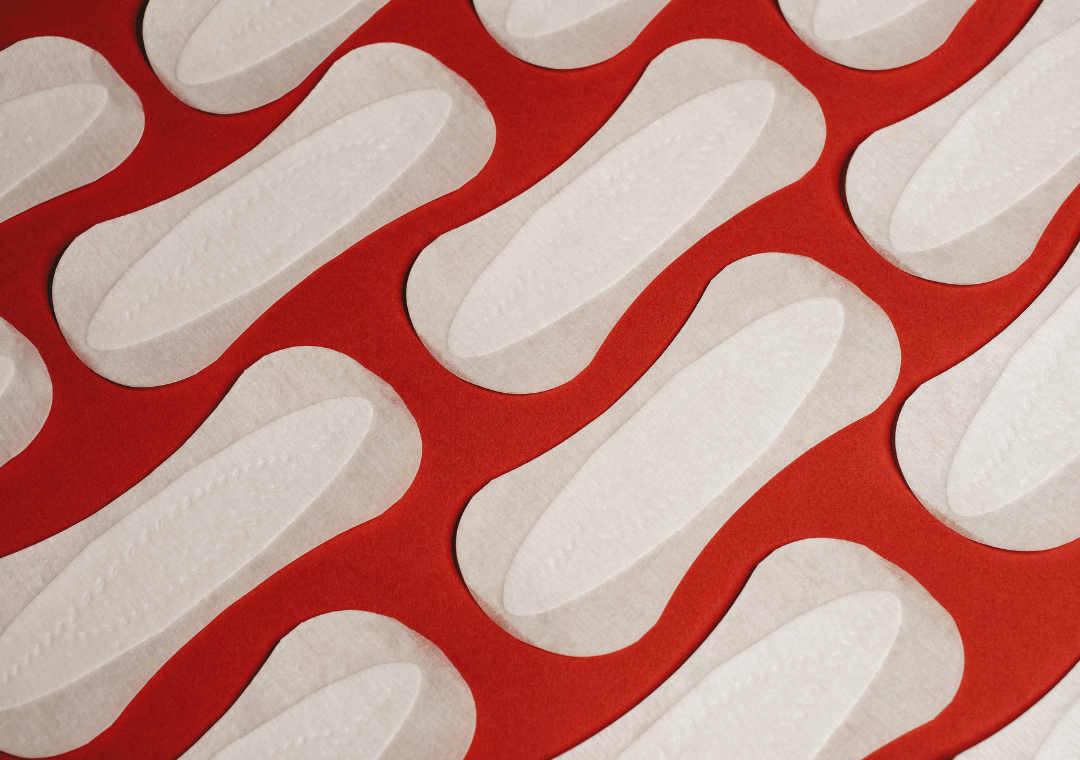Many women find themselves leaving their desk every hour to change their tampon, or waking up in the middle of the night to replace their pad. A lot of people are asking us why their periods are so heavy. We’re here to give you some of the causes of heavy periods.
Hormone Levels
If your hormone levels are imbalanced, you may experience a heavier period. This imbalance will cause the uterine lining to grow thicker than usual throughout the month. Therefore, when your period comes along, there is more blood to be shed.
Two key hormones play a role in the build-up and the breakdown of the uterine lining, estrogen and progesterone. A good way to think about these hormones, and the uterine lining, is the lawn/grass analogy. Estrogen acts like grass, it helps build up the uterine lining to prepare for a pregnancy (before and during ovulation). Progesterone acts as the mower. If implantation does not happen after ovulation, then the uterine lining sheds and the hormone levels start to decrease. Without progesterone women experience a prolonged thickening and build-up of the uterine lining. Overtime, if you miss ovulation, you might have a heavier period the next month or suffer from prolonged bleeding.
Fibroids
Fibroids are small lumps that develop on some women's uterine lining. These usually appear during a woman's childbearing years. You may experience a heavy and long period, or even spotting between periods. There are medicines and supplements you can take to help treat your Fibroids. Here at BINTO, our daily vitamin includes iron. Iron is an essential ingredient that can help treat Fibroids and regulate your period. If you're concerned about having fibroids, ask your doctor for a pelvic exam.
Polyps
Polyps are growths that develop in your cervical canal. The generally tend to arise in women who have given birth more than once. Doctors are not exactly sure why the appear, but think it could be due to infection or inflammation. Many women don’t notice symptoms. If you notice you are having heavy periods, visit your doctor. They can do a pap smear and cervical exam to see if polyps is the cause.
IUD’s and Birth Control
While Intrauterine Device’s (IUD) are very effective, one of the side effects they might bring is a heavy period. This is usually only during the first few months after a new IUD implantation. This is because your body is adjusting the the new hormones or lack thereof from the IUD. Whenever you are starting a new type of birth control, you might experience a heavy period at first.
There are some other rare causes of heavy periods such as some cancers, pregnancy problems, and genetic bleeding disorders. If you think your heavy period is something you should be concern about, contact your doctor!
Note* if you are soaking through one super pad every hour, noticing large clots and feel fatigued, you need to reach out to your health care provider.

